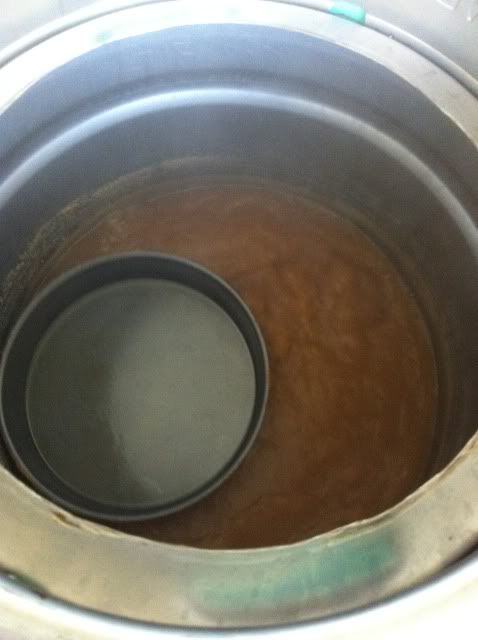The Gas Man
Well-Known Member
- Joined
- 8/8/11
- Messages
- 270
- Reaction score
- 10
Was brewing an APA the other night.
Due to the cold wind, it took about 90 mins to reach the boil (70L batch). It got to 90C within about 45 min, but took forever to finally reach the boil.
Currently I use a 4 ring gas burner, but was thinking about adding an over the side electric element to speed things up.
My question is, does it matter if it takes 90 mins to reach the boil? Especially if I was adding first wort hops to the boil.
Due to the cold wind, it took about 90 mins to reach the boil (70L batch). It got to 90C within about 45 min, but took forever to finally reach the boil.
Currently I use a 4 ring gas burner, but was thinking about adding an over the side electric element to speed things up.
My question is, does it matter if it takes 90 mins to reach the boil? Especially if I was adding first wort hops to the boil.





